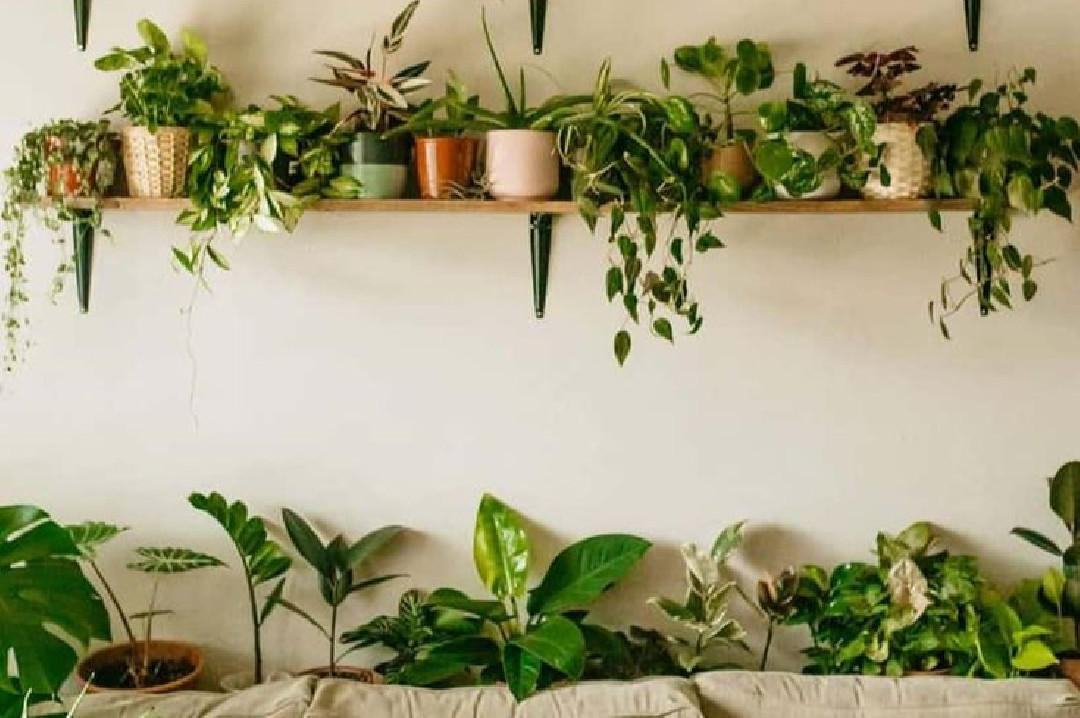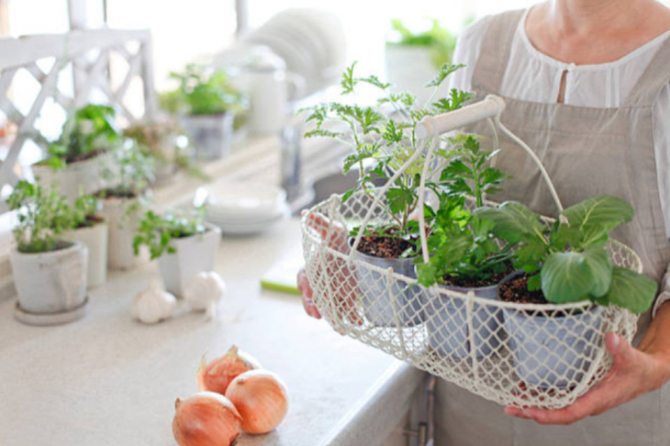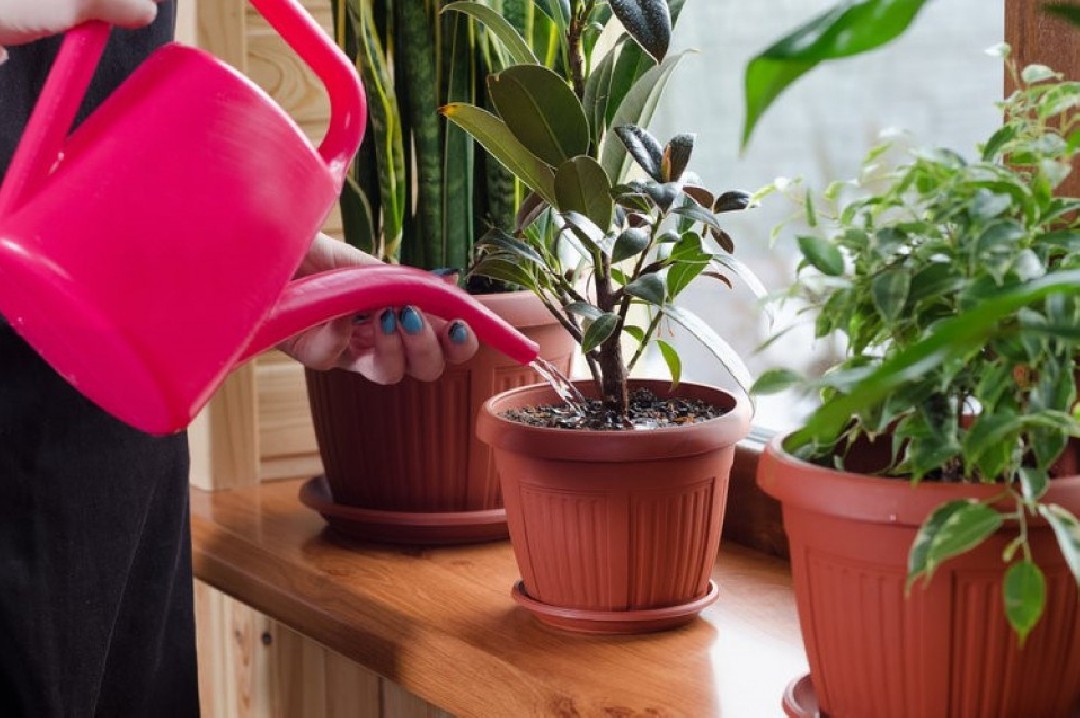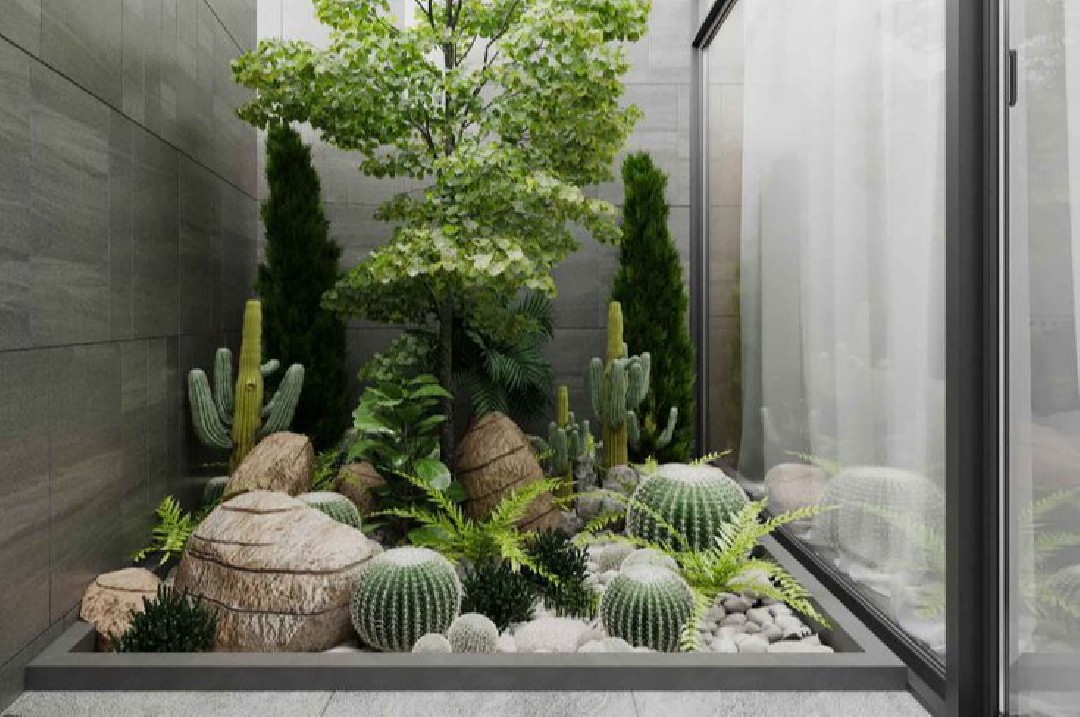Growing Your Own Vegetables at Home: Nourishing Yourself, Saving Money, and Finding Happiness
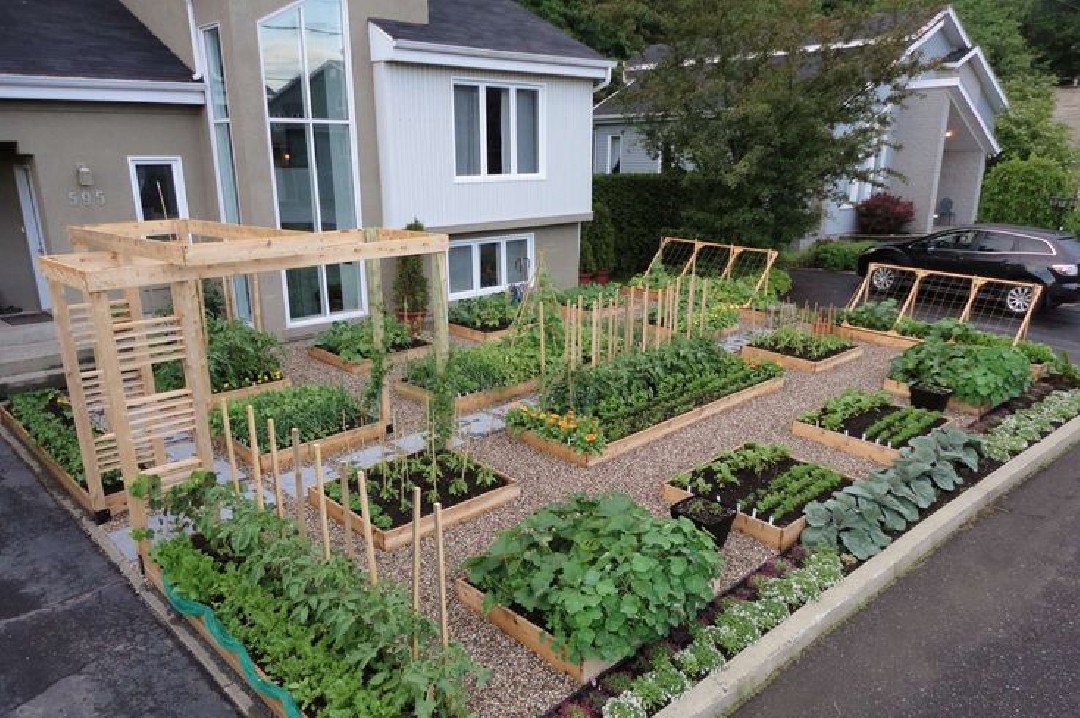
The Trend of Healthy Living and the Need for Food Control
The hustle and bustle of modern life often make us overlook the importance of a healthy diet. However, balanced nutrition is a key foundation for maintaining health and stamina. Vegetables, as a source of high vitamins, minerals, and fiber, play a crucial role in our daily menu. However, amidst the rampant use of pesticides and chemicals in conventional farming, concerns about food safety are increasing.
Recognizing this, the trend of growing vegetables at home is starting to gain popularity. This activity is not only a solution to getting fresh and pesticide-free vegetables, but it also offers various other benefits, both for physical health, wallets, and mental health.
Nourishing Yourself: Fresh and Pesticide-Free Vegetables on Your Plate
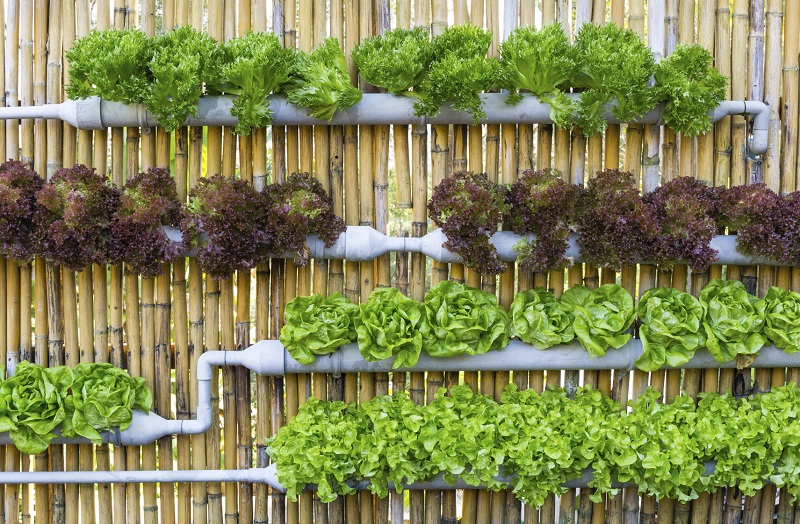
One of the main advantages of growing your own vegetables is having full control over the quality of the food you consume. By cultivating vegetables in your yard, you can choose organic seeds that are guaranteed to be of high quality. This means avoiding exposure to pesticide residues and harmful chemicals that are often used in conventional farming.
Furthermore, growing your own vegetables allows you to harvest them at the right time. Vegetables that have just been picked will certainly have much better freshness than those sold in the market. This freshness not only affects the taste but also the nutrient content that remains optimally maintained. Increasing your intake of fresh vegetables that are free from pesticides will certainly have a positive impact on overall health.
Growing Vegetables: A Frugal Investment for Family Food
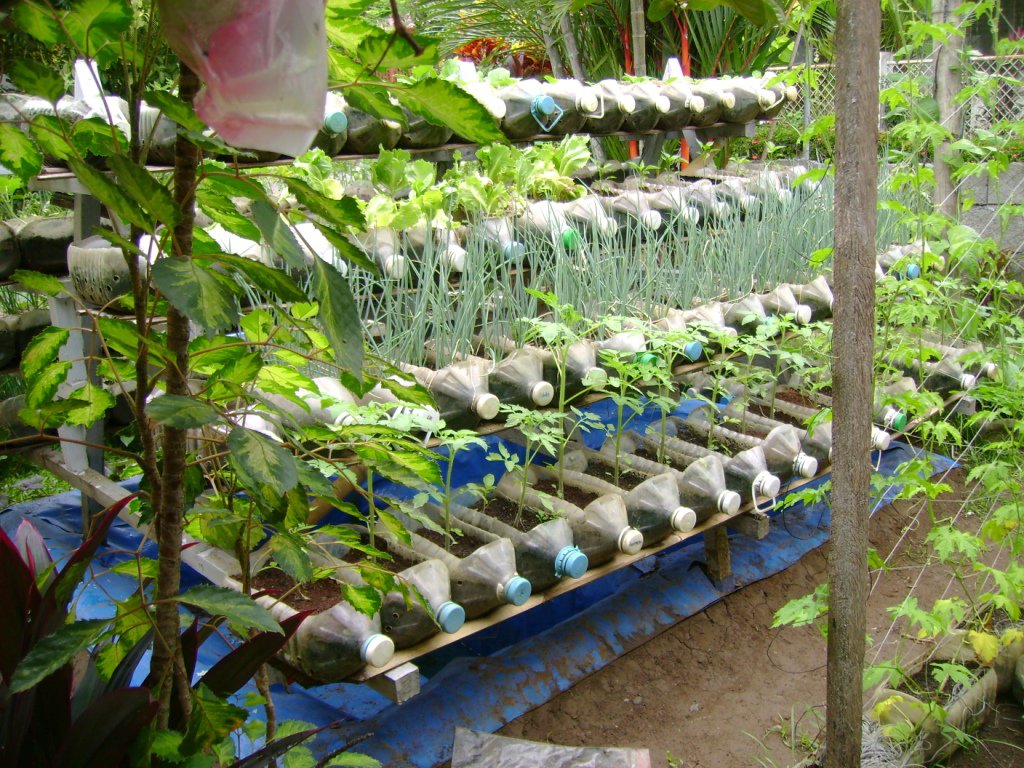
In addition to being healthy, growing vegetables at home can also help save money on grocery shopping. The price of vegetables in the market is often fluctuating and can sometimes be a burden on the wallet. By having your own vegetable garden, you can reduce your reliance on buying vegetables from outside. Imagine the freshness and quality of home-grown vegetables, it will certainly be much more satisfying than having to spend a lot of money on vegetables that are not necessarily guaranteed to be of good quality.
Not only for personal consumption, the abundant harvest of vegetables can even be an additional source of income. Organic vegetables that are grown yourself have a higher selling value compared to conventional vegetables. Selling excess produce to neighbors or relatives can be an alternative to increase family income.
Growing Vegetables: Relaxation and Mental Balance
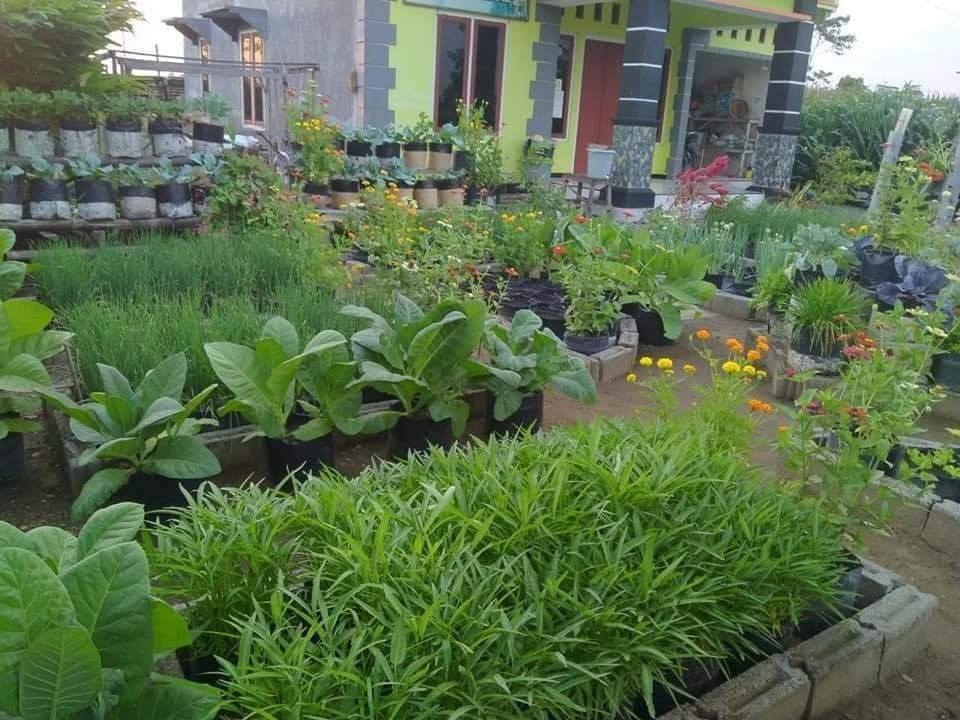
Amidst the hustle and bustle of stressful life, gardening can be an effective relaxation tool. Activities such as watering, weeding, and harvesting plants have been shown to reduce stress and anxiety levels. Interacting with nature, touching the soil, and slowly witnessing the growth process of plants has a calming effect on the mind.
Growing vegetables can also trigger feelings of happiness and satisfaction. Seeing the plants that have been planted with perseverance grow well and produce an abundant harvest will certainly give you a sense of satisfaction. This can increase self-confidence and motivation to continue living a healthy lifestyle.
In addition, gardening allows you to connect more closely with nature. The process of planting and caring for plants builds awareness of the importance of preserving the environment. Thus, growing vegetables at home is not only beneficial for oneself but also contributes to a wider ecosystem balance.
Initial Steps for Growing Vegetables at Home
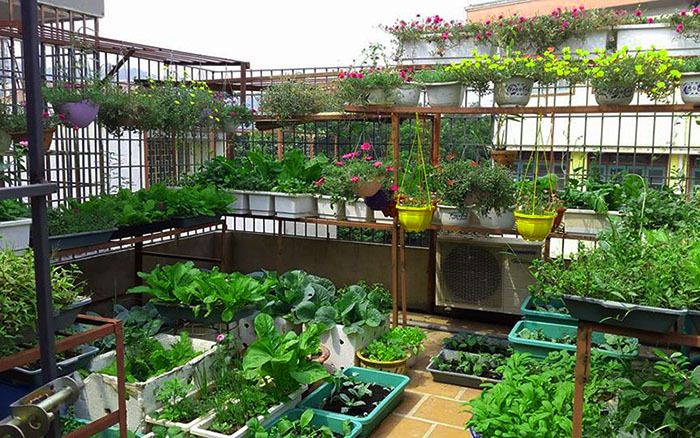
Growing your own vegetables at home is not difficult. In fact, this activity can be a fun activity that can be done with the family, especially children. Here are some initial steps to consider:
1. Choosing a Planting Location:
The first thing to consider is choosing a planting location. Ideally, the location receives at least 6 hours of sunlight per day. Sufficient sunlight is needed for the photosynthesis process of plants to grow well.
2. Preparing the Planting Land:
Planting land can be in the form of a garden plot directly on the ground or using pots. If using land, make sure the soil is loose and fertile. Loosen the soil by digging or plowing.
3. Choosing Vegetable Types:
For beginners, it is recommended to choose types of vegetables that are easy to plant and care for. Some examples are water spinach, spinach, mustard greens, lettuce, and tomatoes. These vegetables have a relatively fast harvest time and do not require complicated care.
4. Preparing Seeds and Fertilizer:
Choose good quality vegetable seeds, preferably organic seeds to avoid pesticides. Also, prepare organic fertilizer to maintain soil fertility and help plant growth. Compost, manure, or biological fertilizers can be the right choice.
5. Planting Vegetables:
Follow the planting instructions according to the type of vegetable chosen. Make sure to water the plants regularly, especially during the dry season. Also, weed regularly so that plant growth is not hampered.
6. Harvesting Vegetables:
Harvesting vegetables is done when the plants are mature and ready to be harvested. The harvest time will vary depending on the type of vegetable. Make sure to harvest carefully so as not to damage the plant.
7. Pest and Disease Control:
Pests and diseases of plants are a natural occurrence. Carry out routine monitoring to detect the presence of pests and diseases. Use natural pesticides such as dish soap or chili peppers to control them.
8. Enjoy the Harvest:
After harvesting, immediately wash the vegetables and clean them of dirt. Fresh homegrown vegetables can be processed into various delicious and nutritious dishes. You can also share the harvest with neighbors or relatives.
Making a Vegetable Garden a Healthy and Enjoyable Lifestyle
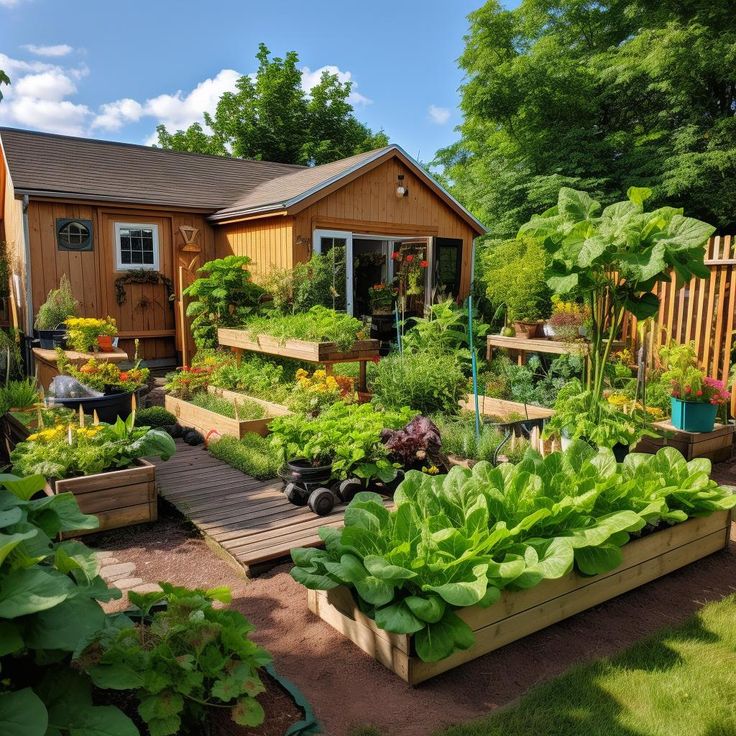
Growing vegetables at home is not just about meeting food needs, but also about building a healthier and more sustainable lifestyle. This activity invites us to reconnect with nature and appreciate the process of growing food.
With a little effort and perseverance, you can enjoy the benefits of growing your own vegetables at home. Fresh vegetables, budget savings, and the joy of gardening are ready to welcome you. Come on, start gardening and feel the benefits!
Additional Tips:
- Involve the family in gardening activities: This can strengthen relationships between family members and foster a love for nature.
- Use social media to share experiences: Share photos and stories about your vegetable garden on social media to inspire others.
- Join gardening communities: Joining gardening communities can help you get information and useful tips from experts.
Growing vegetables at home is an activity that is beneficial for health, wallets, and mental health. With enthusiasm and perseverance, you can create a dream vegetable garden that is full of benefits and happiness.
Tips for Translating from Indonesian to English:
- Use a reliable translation tool such as Google Translate or Microsoft Translator.
- Pay attention to the context of the text and ensure that the translation makes sense in English.
- Use natural-sounding English phrases and avoid direct word-for-word translations.
- Proofread the translation carefully to check for any errors or inconsistencies.
By following these tips, you can create high-quality translations that accurately convey the meaning of the original text.


